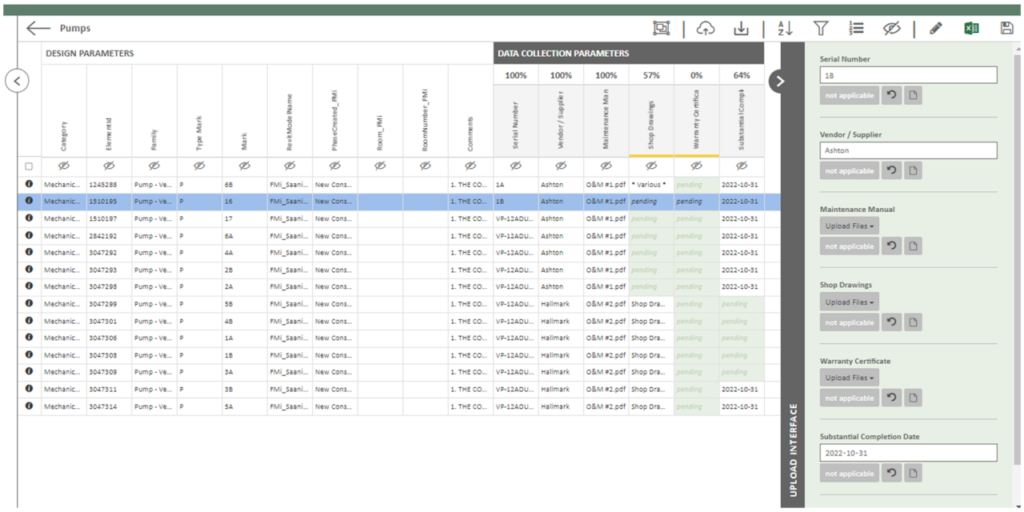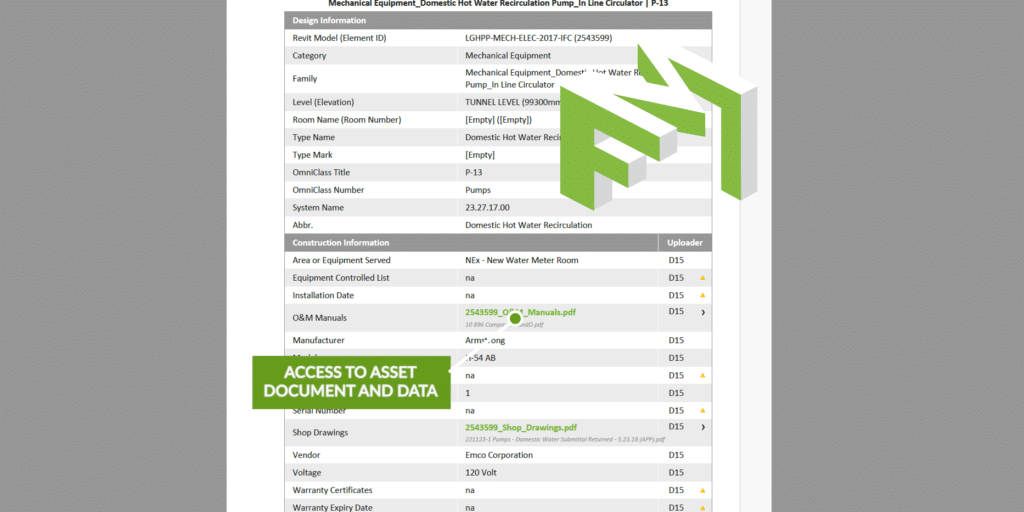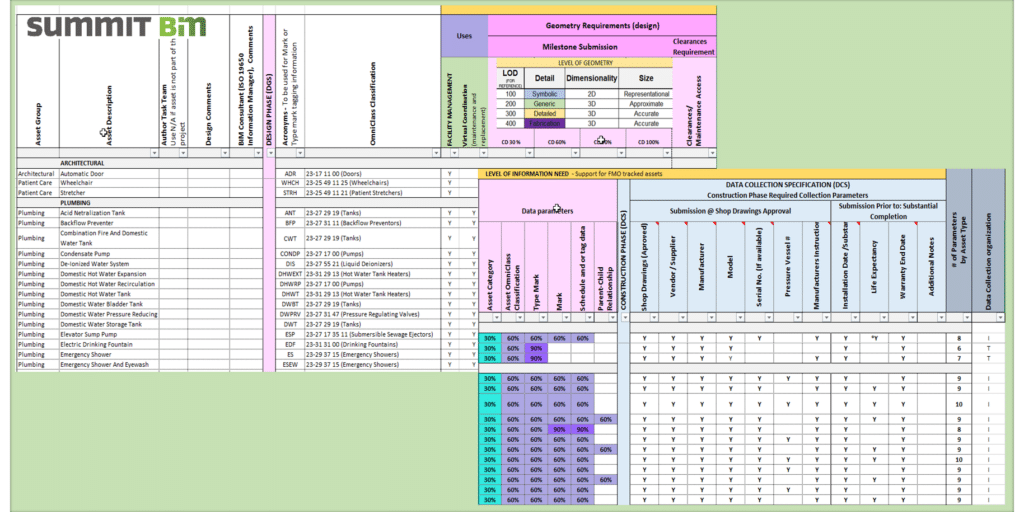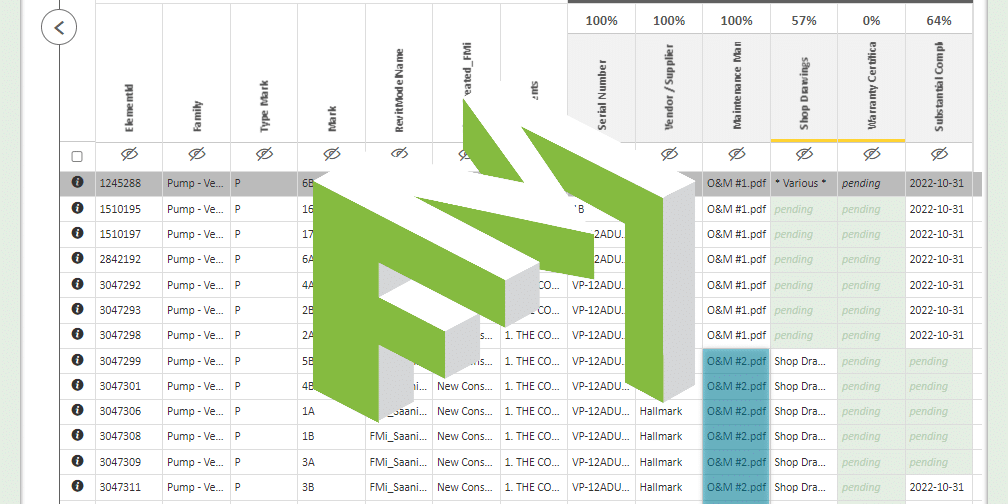Summit BIM to work in collaboration with the BC Government

Globally, countries are integrating BIM-based processes into the AECO industry. In many countries, the adoption of BIM is driven by national mandates. While private AEC firms across Canada have adopted BIM and are using it on major projects, few government agencies have outlined specific BIM strategies or mandatory BIM requirements.
With the aid of Summit BIM, the BC Government’s Ministry of Citizens’ Services will review the application of BIM and explore the risks and benefits that BIM brings to the government and industry. The aim is to assess the value of BIM in relation to BC Government infrastructure and building projects with a view to informing the development of BIM standards for future government projects.
Summit BIM will work together with the BC Government and its stakeholders to understand the current state of BIM adoption and application including issues, standards, processes, and protocols. With this as a base, Summit BIM will:
- Identify the benefits that BIM brings to the government and the private sector including, potentially, benefits related to project and implementation development, as well as facility management and planning benefits.
- Review the risks of adopting BIM at a provincial level with an eye on the impact on existing contracts, procurement practices, and project lifecycle and funding.
“As the adoption of BIM grows in Canada from design into construction and facilities management, the value of BIM has become more evident,” says Geraldine Rayner, Managing Principal, Summit BIM. “Governments and regulators are recognizing the potential for better project coordination, accelerated schedules, and better data for asset management.”
For more information about our BIM process consulting services for building owners and facility managers, please contact us.
About the Ministry of Citizens’ Services
The Ministry of Citizens’ Services provides a wide range of services to British Columbians across the province, both in person and online. From BC Services Cards to freedom of information to information technology infrastructure, they help deliver services that people count on.
Related Posts

Data Collection through Construction

Coming to Canada: A BIM Consultant’s Journey

BIM and the Art of an Asset Registry

Digital Handover – a less stressful solution

DGS/DCS Evolution – A Retrospective

Data Visualization and Collection for FM Handover

Data and Document Collection for FM Handover


